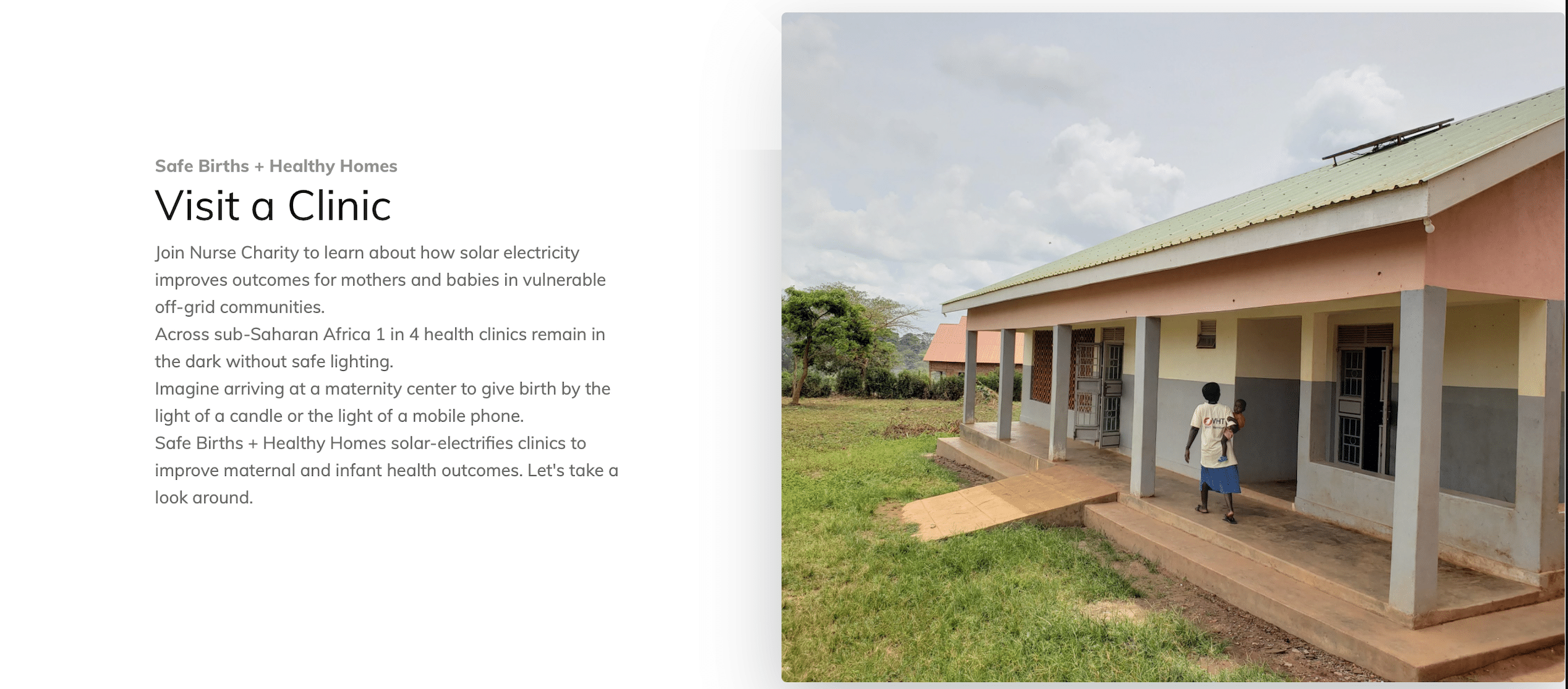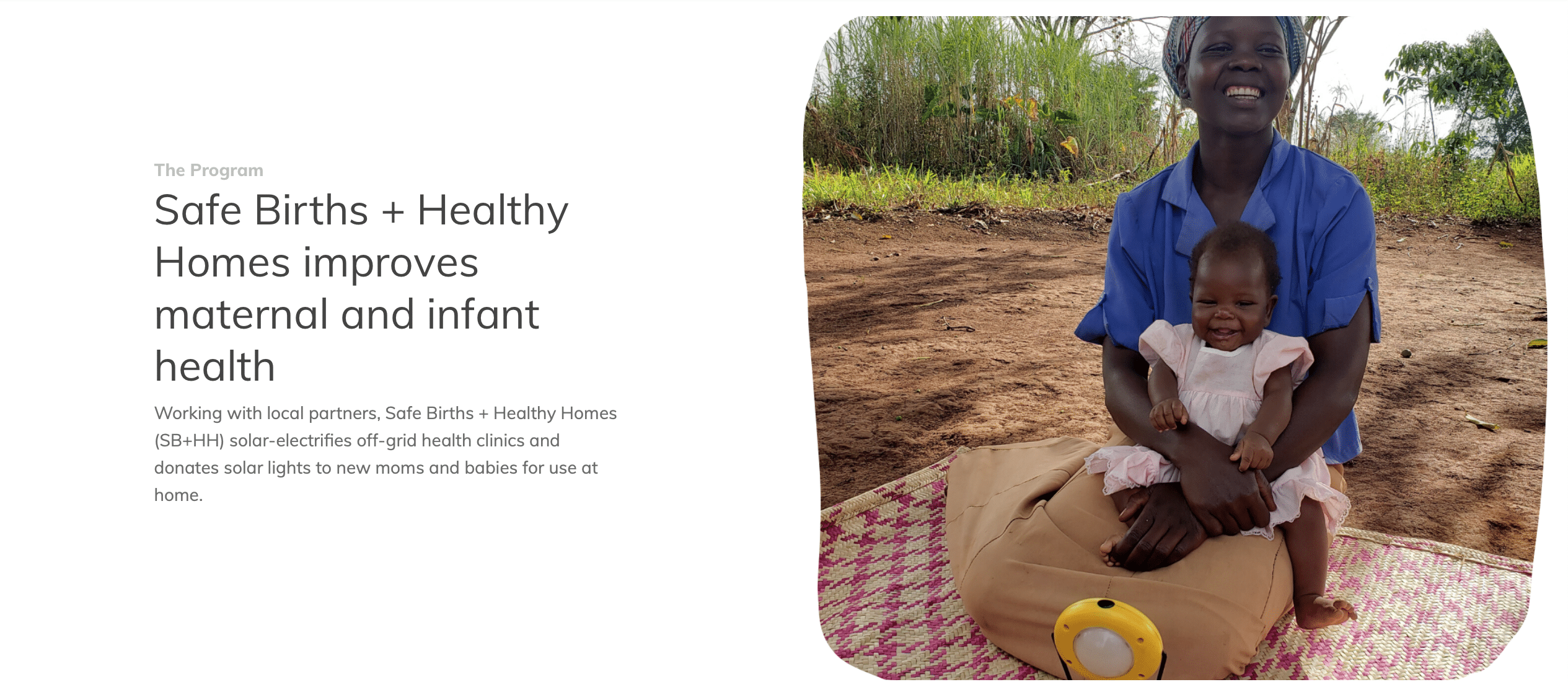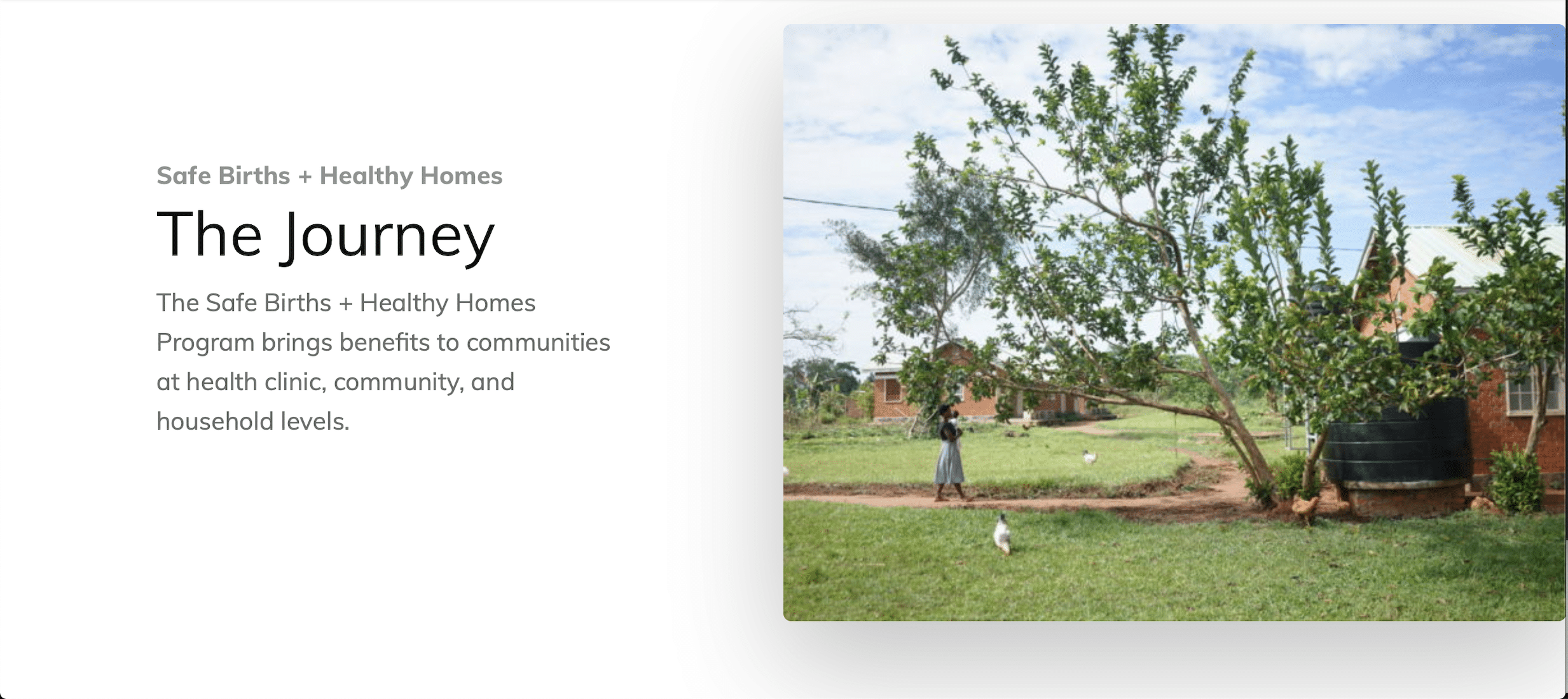Shining Solar and Empowering Women in Off-Grid Africa
Written by guest author Amanda Ulman, Let There Be Light International Intern
In the midst of a pandemic, it’s easy to feel powerless. How can you make a difference in the world when your actions are restricted and everyone is socially distancing? I decided to work with LTBLI on energy access in off-grid Africa as a way to engage with meaningful, community-driven global change during these challenging times. Their data-driven methods and community-focus spoke to my interests as a recent graduate of Duke University’s Nicholas School of the Environment, where I received a Masters Degree with a concentration in Energy and the Environment.
My Summer Energy Access Internship Work
Website Development:
During my 8-week internship with LTBLI, I gained experience working on energy access in Africa with an incredible team of individuals in Western New York, North Carolina, Los Angeles and across the world with LTBLI’s dedicated team in Uganda. Together, we created a micro-site dedicated to LTBLI’s newest program, Safe Births + Healthy Homes (SB+HH). The project brings together the 3 central tiers of LTBLI programming including clinic electrification, solar light donations, and education/advocacy. Similarly, the site walks the audience through all facets of the program, including:
- The program structure and design
- Biographies of some of the extraordinary SB+HH mothers
- A look into the health clinics solar-electrified through the program
- Outcomes arising from the mothers’ participation



Data Analysis:
In addition to developing the SB+HH microsite, I also worked with the team in Uganda to perform preliminary data analyses. Our work helped LTBLI develop surveys informing energy access programming and impact. Some of the areas we expect to see the greatest benefits for mothers are:
Women’s Empowerment: Through their individual ownership of the solar light, mothers have increased decision-making power in their homes.
Greater Economic Stability: Monetary savings realized through decreased fuel expenditures open doors and increase women’s financial resiliency. Some of the women participating in SB+HH describe how they started soda shops in their communities or bought livestock like pigs and chickens.
Increased Safety: Solar lights help prevent fires which can start when malaria-preventing bed-nets accidentally come into contact with kerosene lamps. As a flame-free light source, solar lights allow new mothers to safely breastfeed and care for their children throughout the night.
Health Improvements: 90% of women using kerosene in the SB+HH surveys indicate they are bothered by the lamps’ soot and smoke. By replacing toxic and polluting light sources, SB+HH contributes to decreases in respiratory illness arising from smoke inhalation and irritation.
Greater Access to Education: Solar lights impact education in two ways: 1. Children are able to read and complete school work after the sun has set; 2. Monetary savings can be spent on scholastic materials and fees.
Household Savings: Non-renewable lighting sources like kerosene lamps and battery-powered flashlights represent enormous expenditures to households, often costing 10- 25% of participants’ household income. Fuel savings are typically spent on food, medicine, soap, and light.
The Takeaway
In challenging times like these, it can be easy to lose hope. Working with LTBLI over the summer on energy access in Africa brightened my days and made me feel hopeful for the future. As I move on to my doctoral studies at UNC Chapel Hill’s Department of City and Regional Planning, I look forward to focusing on the impacts of energy systems development in emerging economies. From my internship, I will take many great memories and lessons away from my work with the international LBTLI team. One of my greatest takeaways I received, though, was an incredible motivation to continue forward in research that addresses the needs of communities in rural Sub-Saharan Africa.
Shine on,
Amanda Ullman

0 Comments